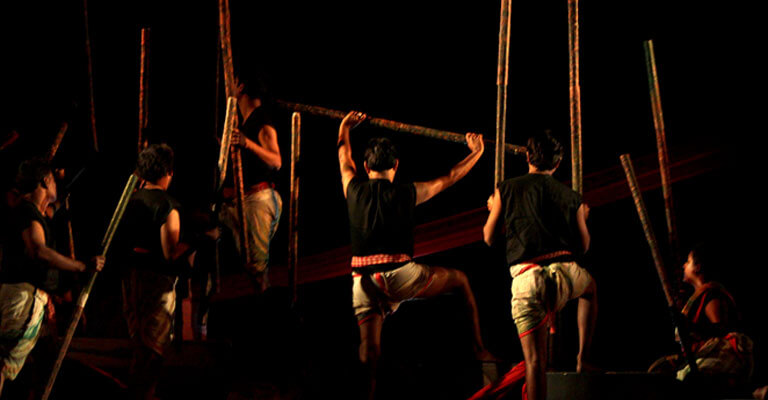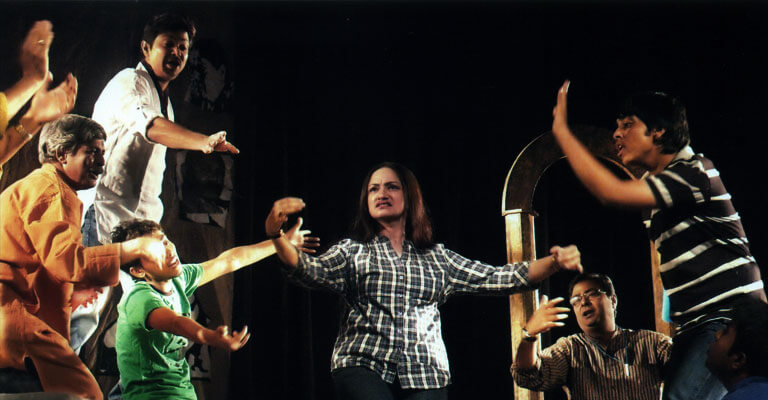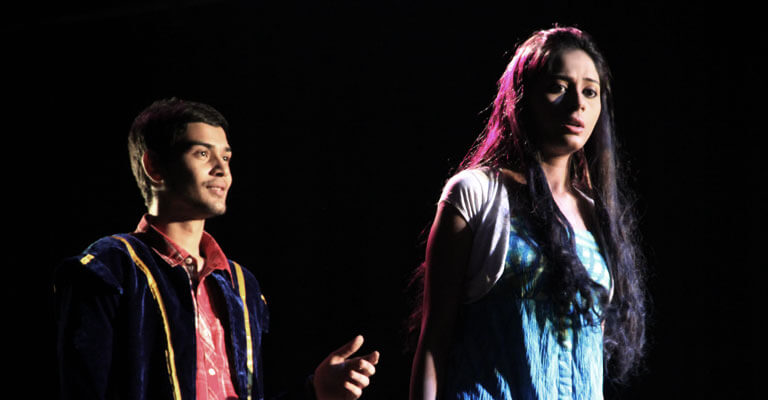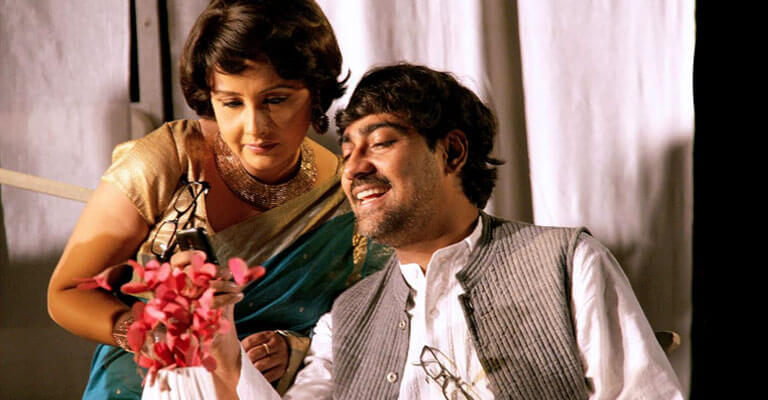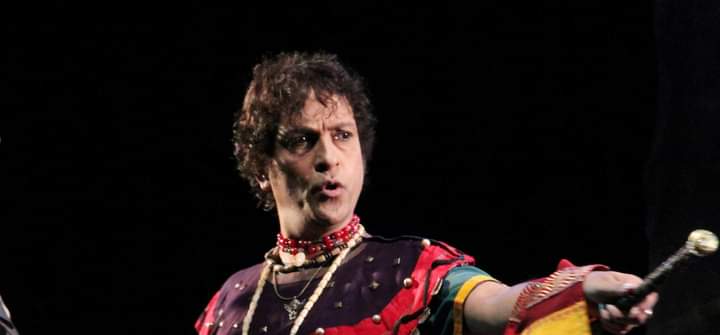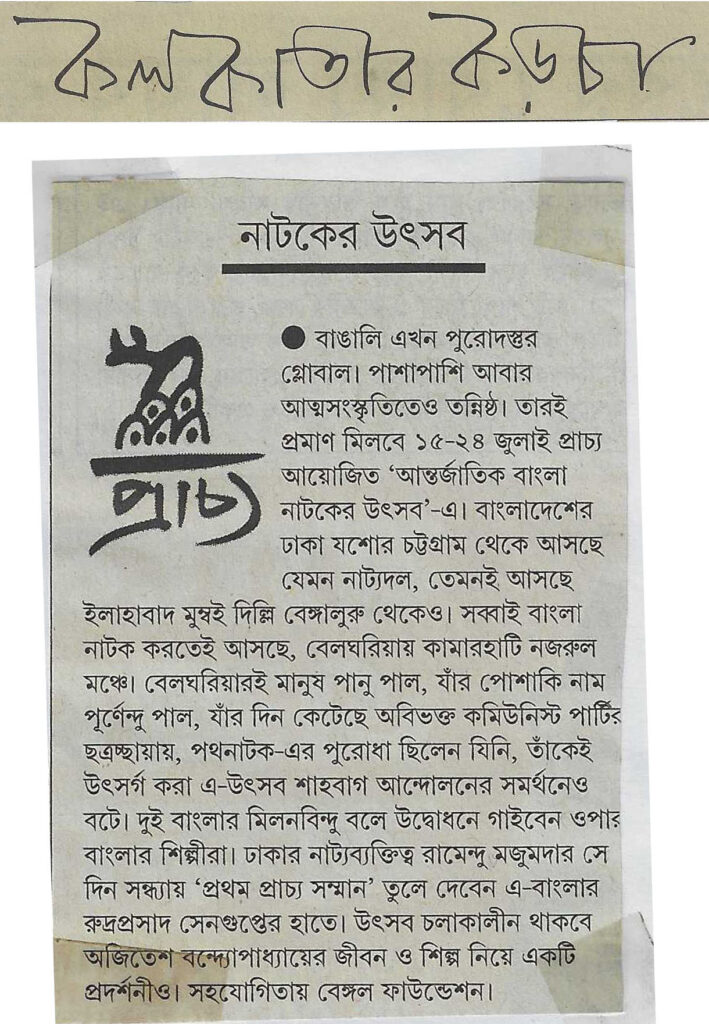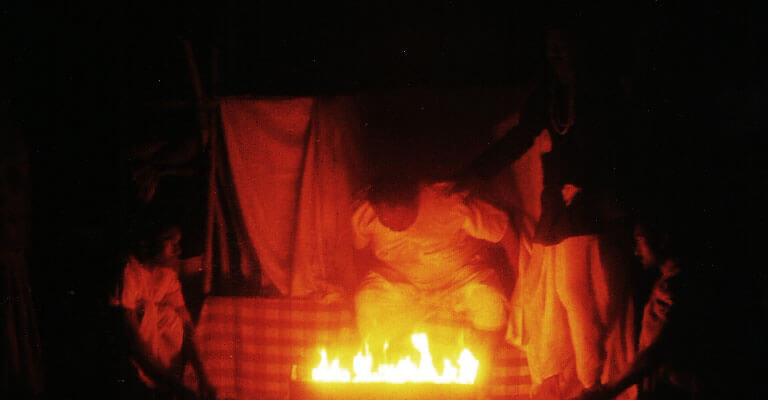
Chak Bhanga Modhu is one of the finest creations of Manoj Mitra. Though written in the backdrop of Sundarban, the message is Universal. Every person owes to the society. There is only one message Let Me LiveAnd Let Others Live.
Great Hindi poet Maithalisaran Gupta writes ‘Manushya Hai Vahi Jo Manushya Ke Liye Mare’


